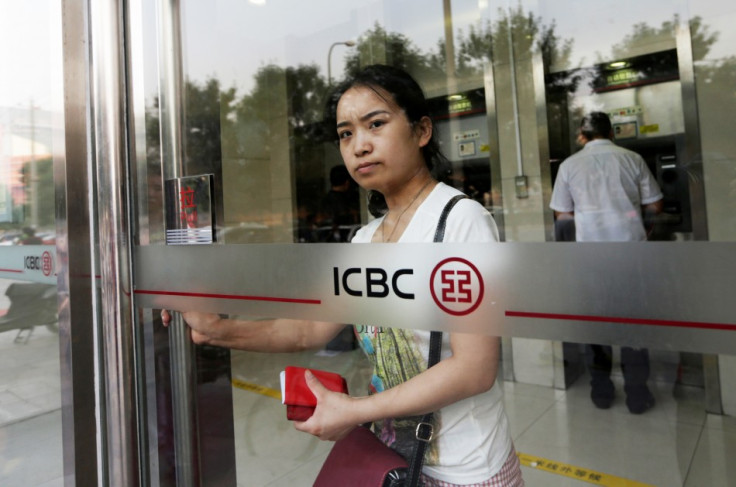China Avoids Major Credit Default with Shadow-Banking Product

China Credit Trust has reached a last-minute deal to repay investors in the 3bn yuan ($500m, £296.2m, €361.1m) high-yield product, avoiding the first high-profile default in the country's trust industry.
Investors retrieved their principal after agreeing to a return of 2.8% on the product in the third year, according to documents seen by the state-owned Xinhua news agency. The annual returns in the first two years were 9.5% and 10%, respectively.
In a statement, the trust asked the investors to contact their wealth managers at Industrial and Commercial Bank of China (ICBC), which marketed the product, to arrange for payment.
Earlier, ICBC, the world's largest bank by assets, said it will help bail out investors in the troubled product.
The bank helped market the "Credit Equals Gold #1", a high-yield investment scheme created by China Credit Trust through its branches.
Previously ICBC had said it was not responsible for investors in the scheme.
China Credit Trust told its customers that it will not be able to repay investments on the maturity date of 31 January. The trust used funds raised through the investment scheme to make a loan to struggling coal company Shanxi Zhenfu Energy Group, which collapsed in 2012 following the arrest of its vice chairman for accepting deposits without a banking license.
Concerns about Shadow Banking
The development would deflate "concerns that default would pound investor confidence in shadow banking and trigger credit crunches," Xinhua said.
China's government praised its much-debated shadow banking system, saying it played a positive role in boosting its economy. But critics argue that it helped fuel a surge in the country's debt levels.
In addition, analysts are of the view that default risk is very high in shadow banking products, and they expect more bad news from the sector.
In another case, China's local government of Shanxi province and China Credit Trust are expected to share responsibility for bailing out investors in a failed investment scheme.
Shadow banking has experienced rapid growth in China in recent years, with trust assets rising to about 10tn yuan by the third quarter 2013, up 60% from last year. The trusts lured investors with promises of higher interest rates than official rates.
Subsequently, the trusts with the help of banks lend to companies that suffer from credit crunch amid credit tightening measures by the government.
In line with the developments, regulatory agencies in China are drawing up regulations to prevent such financial disasters due to shadow banking.
The new regulations are expected to control off-balance sheet lending by banks and place non-bank institutions under closer scrutiny.
© Copyright IBTimes 2025. All rights reserved.






















